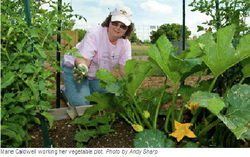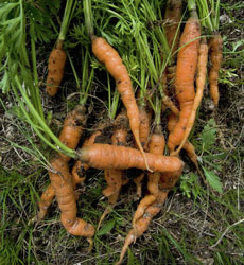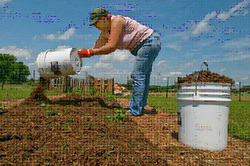Unity Park Community Garden is supported by Neighborhood Harvest Project, a 501(c)(3) organization dedicated to promoting healthy local food and sustainable living through education and community gardening in Round Rock and surrounding areas.
Copyright 2018, Neighborhood Harvest Project. All rights reserved. Neighborhood Harvest Project :: [email protected]
Copyright 2018, Neighborhood Harvest Project. All rights reserved. Neighborhood Harvest Project :: [email protected]



